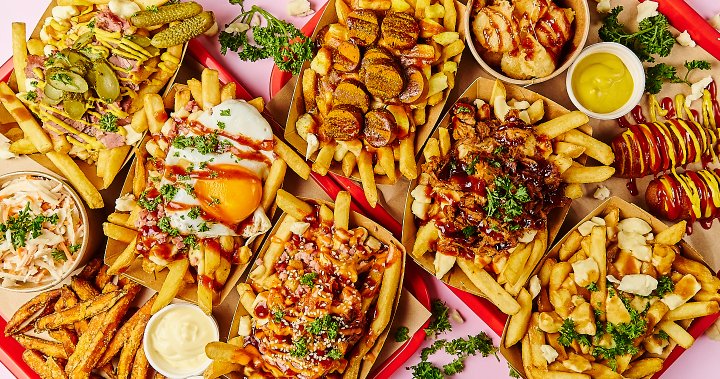Canada is developing its culinary diplomacy in Germany through the Taste of Canada campaign, aiming to connect with Germans through their stomachs. The campaign focuses on online trade due to the cancellation of trade fairs during the COVID-19 pandemic. Canadian food is virtually unknown in Germany, but Germans are open and enthusiastic to learn more about it. The goal is to promote Canadian culture and cuisine in other countries through food diplomacy, bringing people together through culinary experiences. The campaign is led by the Canadian Trade Commissioner Service in Germany, employing tactics like serving Canadian foods at events to improve Canada’s image in the country.
One of the main culinary weapons Canada is using in Germany is poutine, Quebec’s iconic dish. An agency called the Food Embassy was established by Berliner Holger Böckner, who fell in love with poutine during a visit to Montreal and decided to bring it to Germany. The Food Embassy has been hired to assist with the Taste of Canada campaign, including projects like the creation of Canada Day celebrations in Berlin. Böckner also opened Germany’s first real poutine restaurant, The Poutine Kitchen, offering authentic cheese curds from Quebec. The campaign aims to introduce Germans to Canadian ingredients like maple syrup and Canadian beef through recipes created by Canadian chef Genevieve Pilon.
The Taste of Canada campaign also includes collaborations with Canadian producers like Coaticook Dairy to supply real cheese curds for poutine in Germany. Despite temporary closures due to the pandemic, plans are in place to reopen The Poutine Kitchen under new ownership. Other Canadian products being promoted in Germany include Quebec’s Cirka Gin, Sortilege Maple Whisky, Niagara wines from Pillitteri Estates Winery, and Moosehead beer. The campaign aims to expand culinary horizons in Germany while working in a premium high-price range due to the country’s price-sensitive market. Germany is one of the biggest consumers of Canadian maple syrup, with imports totaling $47.7 million in 2023.
Canadian culinary diplomacy in Germany has evolved over the past decade, with Germans becoming more open to Canadian ingredients like maple syrup. As the vegan scene grew, maple syrup became a popular alternative to honey, leading to increased availability in organic markets and grocery store chains. Germany is a key economic partner for Canada, with a strong interest in Canadian products like maple syrup, poutine, and alcoholic beverages. The Taste of Canada campaign aims to use food as a way to strengthen the cultural and economic ties between Canada and Germany. By promoting Canadian cuisine and products, Canada hopes to create a positive image in Germany and spark interest in Canadian food among Germans.













